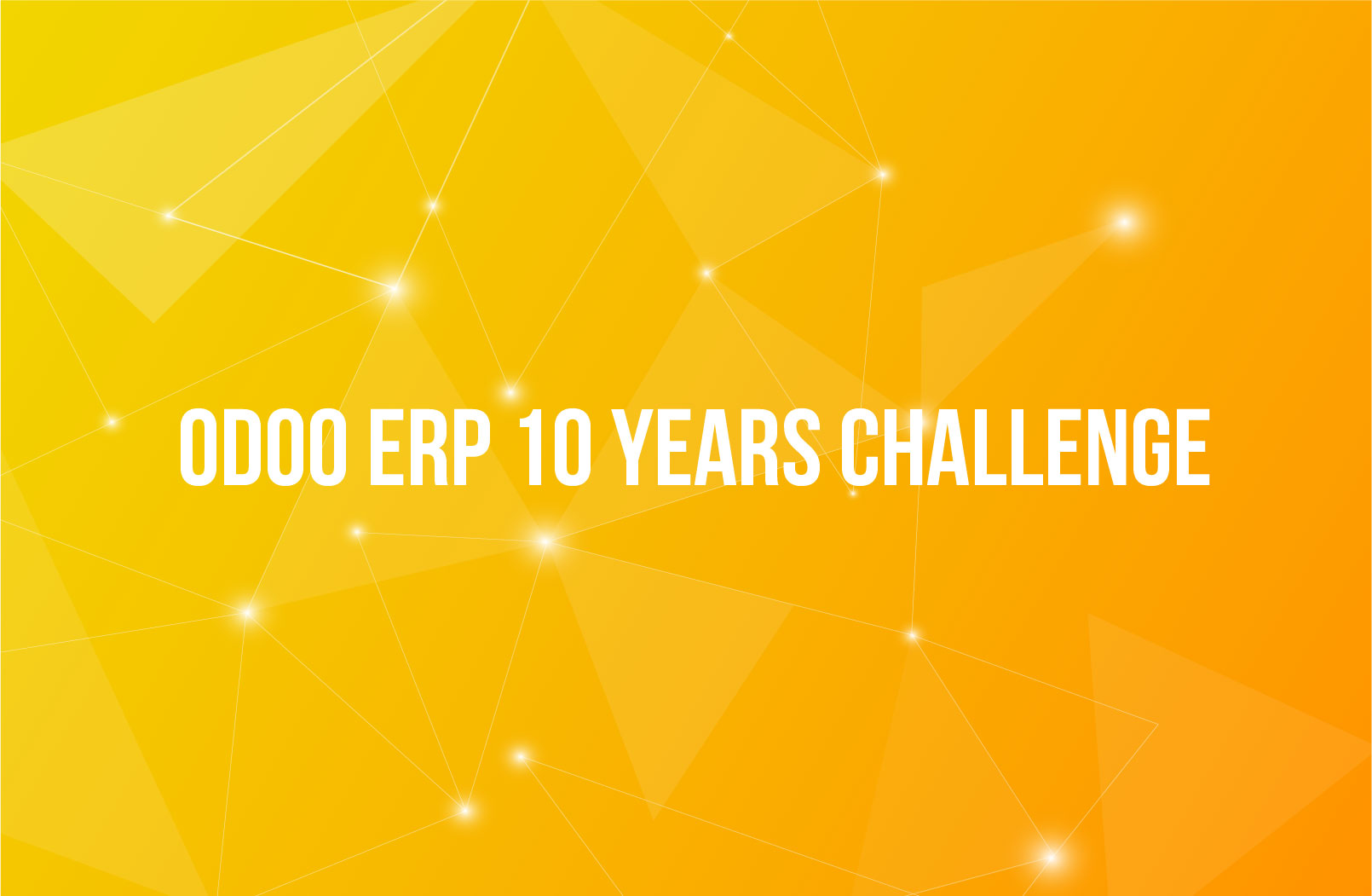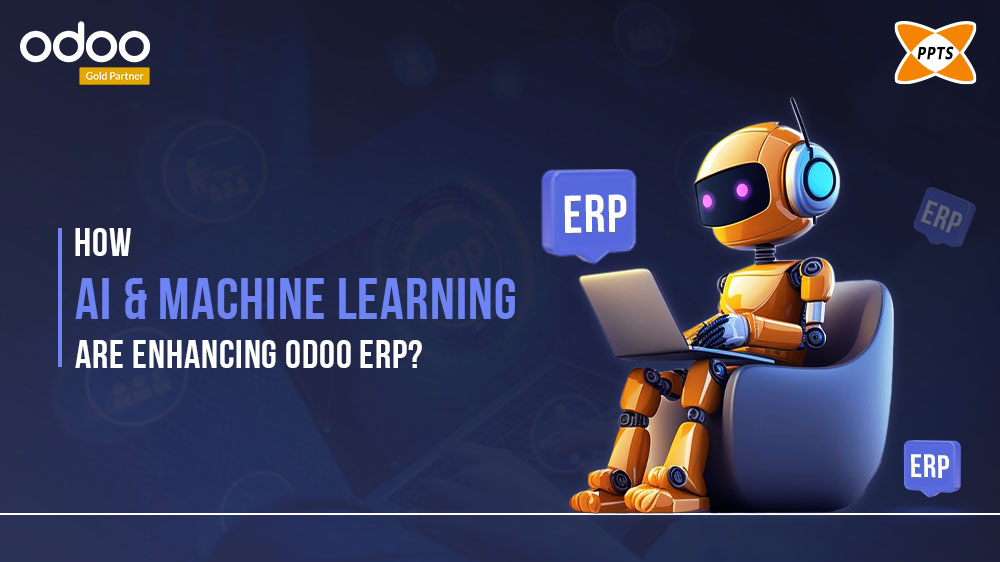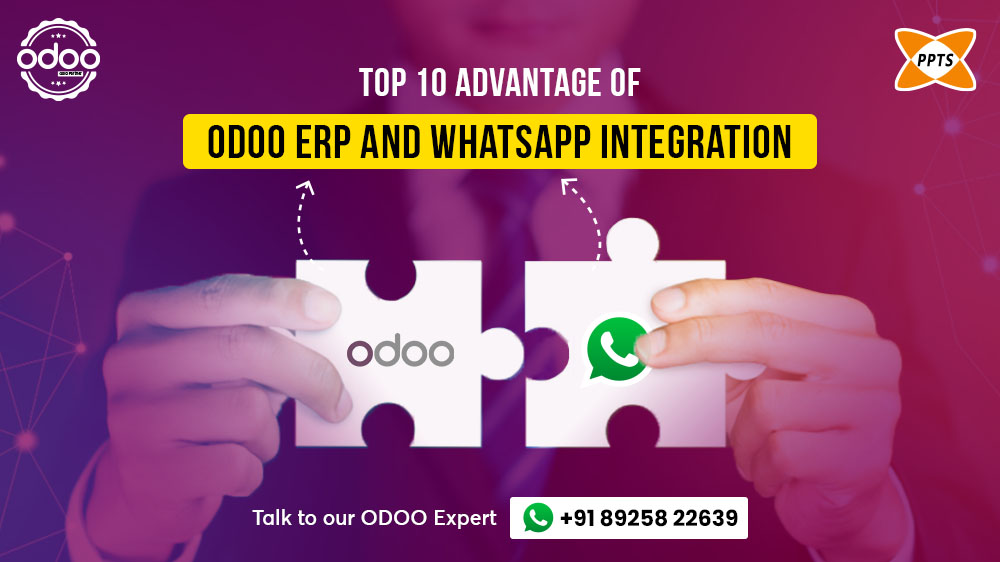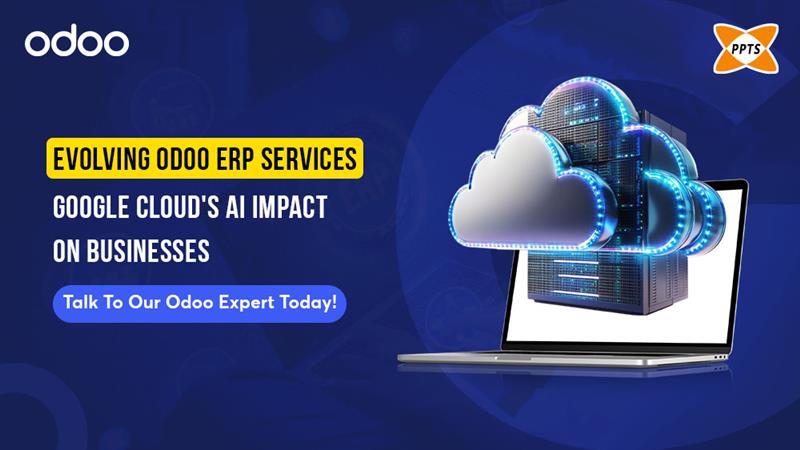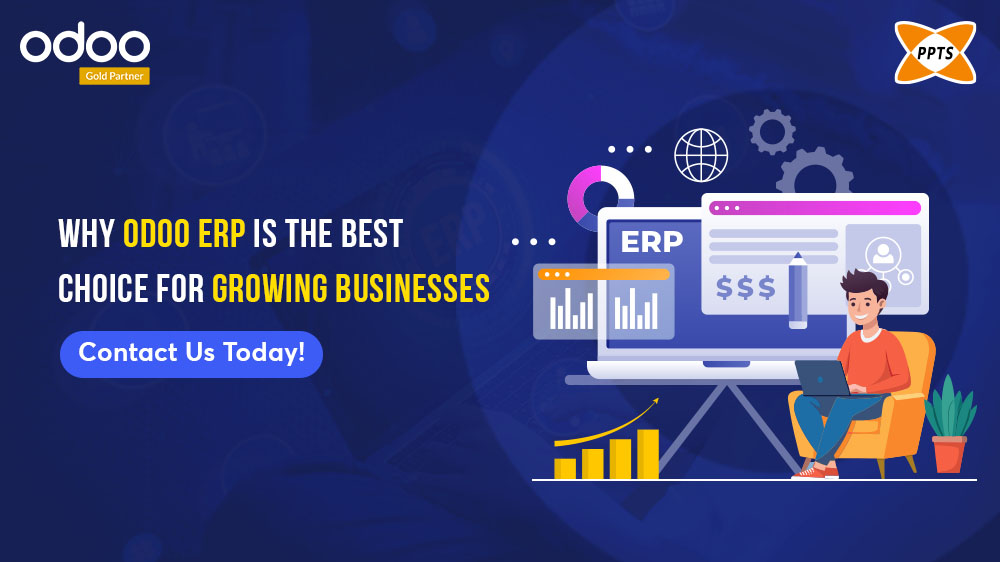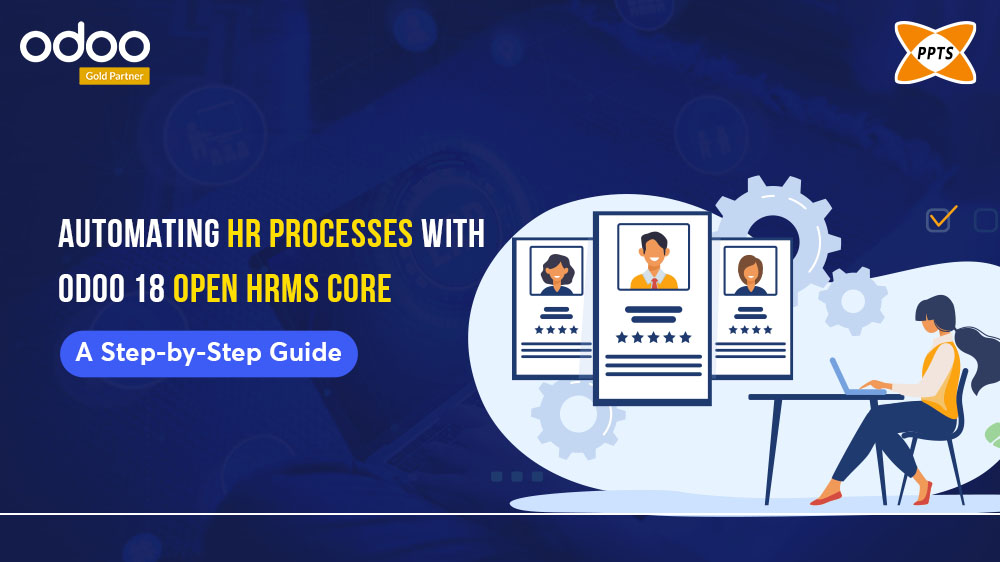After the Egg Challenge and Bird Box Challenge, now it’s this social media frenzy moment named 10-Year Challenge kicked off in the last few days and still holding its fire. Guess you have noticed your entire social media pages cluttered with images of your friends, families, and celebrities having a throwback moment by rewinding 10 years back and comparing it with their present state in images. But what if we take this 10 years challenge to a new level, a level where we compare ODOO and its technologies in the past ten years. So why shouldn’t we techies have some fun? Let’s have an overview on ODOO, its history and its evolution and their drastic changes with their features based on technological growth.
ODOO – The founder’s memoir:
In the year of 2005, a man named Fabien Pinckaers announced the entire ERP market that he is going to change the world of Enterprise Management Market with fully open source software by launching new ERP software named TinyERP through which he challenged the strategy of SAP, the enterprise software giant. At present, it is the world-renowned multinational company with 1250 partners all around the world under a single name ODOO.
In the early date of 2005, TinyERP was developed by Fabien Pinckaers at Belgium. Later recognizing its growth in the ERP market, it was renamed as OpenERP in the year of 2008. With its consistency in growth rate, it managed to imprint its foot in various nations as successful ERP software which was represented in the later five years. In the year 2013, the OpenERP Company was titled with Deloitte award as the fastest growing company with a growth rate of 1549% in five years. In 2014, it reached beyond levels as it was named in the top 5000 fastest-growing private companies in Europe. And in the same year, they renamed it as ODOO.
Version Categorization:
So we all have that common question rising in our mind, what does ODOO stand for? It is nothing but the abbreviation ‘On Demand Open Object’.
In 2005, the first version of TinyERP, V1.0 was launched. In accordance to its preceding, the next three versions i.e. version 2.0 to 4.0 were named under TinyERP.
In the year 2008, based on the enhancement in its business and community, version 5.0 was launched under the name OpenERP and the sequence up to version 7.0 was also released under it. In OpenERP version of 6.1 (the only sub-version in the entire history), it discontinued the GTK client and introduced the first Ajax Web Client model.
The later versions i.e. from version 8.0, it is named under ODOO till now. The latest version in the market is ODOO v12.0 which was released in late October of the year 2018.
Our footsteps in the history of ODOO:
PPTS started its journey in the ODOO platform in the year 2014 when the Open ERP officially announced the name ODOO. We have contributed and being contributing in ODOO and various clients in ODOO through end to end projects. In fact, many of our clients who started their ERP system in OpenERP have continuously upgraded to the latest versions of ODOO with the help of PPTS accrediting as an end to end project.
GPL Certifications:
On speaking about the license, the first five versions (1.0 to 5.0) were provided with GNU GPL (General Purpose License).
Versions 6.0, 6.1, 7.0 and 8.0 were provided with GNU AGPL (Affero General Public License).
From the year of 2015, i.e. from ODOO V9.0, till now it is being operated with the GNU LGPL V3 (Lesser General Public License) License.
Differentiation between OpenERP and ODOO over the years:
The following table shows you the comparison and technological advancement between OpenERP V5.0 and ODOO V12.0;
|
Features |
Open ERP V5.0 |
ODOO V12.0 |
|
Updates |
Integration with Google Docs. |
· Modules for storing and uploading documents in Document Management. · ODOO IOT Box: Now you can connect all your devices with ODOO using this feature. · Multi-Website support · ODOO Chatbot: Now automate your replying process through AI using ODOO Chatbot. · Key features such as Document Management System, ODOO Leave Management, Payment Acquirer, |
|
Available Versions |
Open ERP V5.0 is a standard edition. |
ODOO V12.0 is available in two editions, namely; ODOO 12.0 Enterprise version |
|
Data Base Management & Scripting |
PostgreSQL & Python 2.6 |
PostgreSQL & Python 3.6 |
|
License |
GNU GPL (General Public License) |
Community edition – GNU LGPL (Lesser General Purpose License) Enterprise edition – ODOO Enterprise Edition License V1.0 ODOO apps are published under ODOO proprietary license V1.0. |
|
Technical Advancement |
OpenERP has limited Accounting features. It does not have Dashboard view and Analytics view. |
ODOO V12.0 supports online accounting. Now you can integrate external accounting software’s in ODOO ERP. It has Dashboard view and new Analytics function. |
|
Application Support |
Limited Application support with reduced core functionalities. It does not support both Android & iOS apps. |
Improved Application support with high potentiality. |
|
Efficiency |
Slower performance and less productive when compared. |
ODOO V12.0 has been increased with its speed rate up to 3X UI. |
|
UI |
GTK Base UI |
Web Responsive UI Availability of new themes and layouts. |
|
(Reference: Wikipedia) Our trade works in ODOO platform:Even though there is a humongous development in technology and OpenERP aka ODOO, the underlying purpose lays the same, to provide completely open source Enterprise Research Planning software. And we, PPTS are very proud to be one of the ODOO silver partner companies in India, rendering our services in ODOO development, ODOO implementation, and ODOO services. We have also contributed our services in developing customized ODOO modules based on our client’s requirement. Along with ODOO, we provide our services to enhance your business and take it to the next level. |

